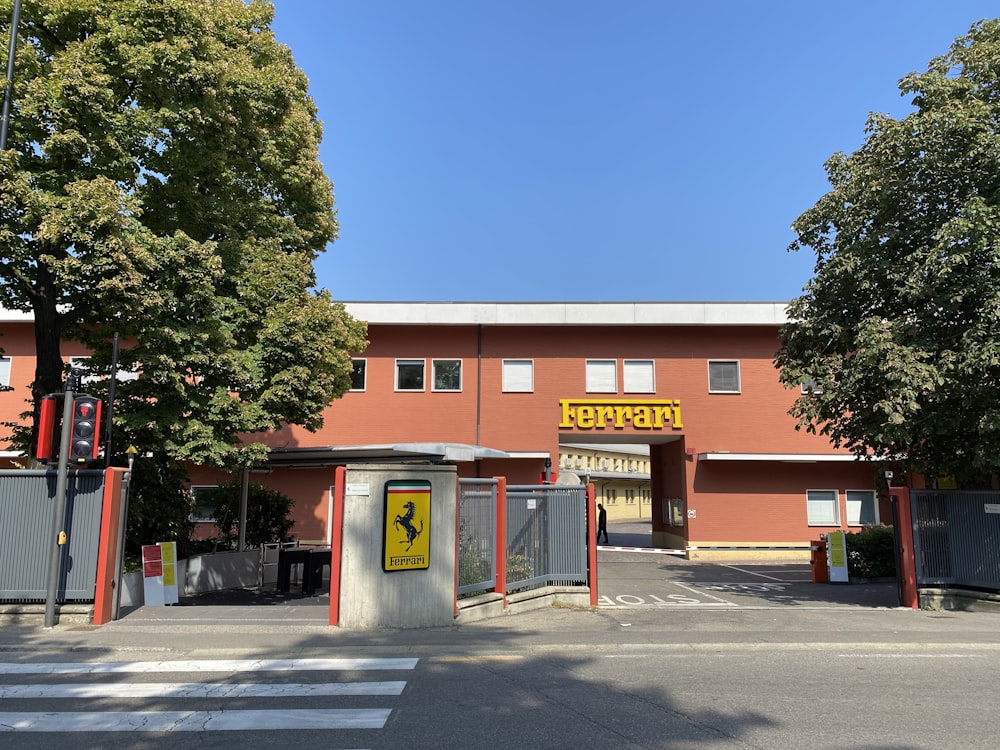The coronavirus pandemic hit many industries hard. The problems of travel companies, cab services, the restaurant industry, etc., were widely discussed. However, those whose problems were not addressed by the media – for example, luxury car manufacturers – also encountered problems on an equal scale.
Here, too, there are extremely interesting stories of sudden falls and overcoming. Our new article is about the experience of Ferrari, which found itself in the very epicenter of the global pandemic, faced a sales decline of more than 40%, but managed to keep its employees healthy and good market prospects.
Ferrari has always been popular for buying and renting in Dubai. So the manufacturer has had to devote a lot of resources to securing a market in the UAE. Ferrari prices in UAE are fluctuating in the 10% range, which is a successful way out of the coronavirus crisis according to EBITDA rate. Rental servies here remain being in demand even among locals.
What happened
Ferrari released its second-quarter 2020 earnings report. The automaker’s sales of all the models fell 42% compared to the same period last year, and its revenue forecast for the rest of the year also had to be lowered.
All this was the result of a pandemic coronavirus – the main production facilities Ferrari are located in Italy, which bore the brunt of Covid-19, and the global quarantine forced the company to temporarily suspend production and complicated sales.
Nevertheless, analysts put Ferrari as an example of successfully overcoming the unfavorable period. The company not only managed to open production in a short time but also to get a serious amount of preorders for luxury cars, minimizing the negative economic consequences (EBITDA exceeded $ 1.2 billion in 2021). How did the management manage to achieve it?
Back on Track Plan
According to a Harvard Business School, Ferrari’s top management began preparing for a pandemic back in late January 2020. Wuhan was the main focus of the virus then, but managers of the Italian car brand were wary at once – what if a similar situation with strict quarantine happens in Italy? Those thoughts got them busy working out a response plan ahead of time.
Among them were:
- travel restrictions;
- purchase and distribution of safety kits (masks and gloves) to employees;
- taking several employees out of the country to their home countries;
- introduction of well-being monitoring of employees returning from trips.
A month later, northern Italy was in the midst of a pandemic. The country’s authorities lagged in their response, but at Ferrari factories and offices, they were long overdue. Thus, on March 16, the main production in Maranello was closed, and a general quarantine in the country was introduced only three days later.
On the day the plant was closed, it was decided to launch a project to prepare for its reopening after the national lockdown. The plan was called Back on Track and included additional precautions to keep employees healthy once operations resumed.
The plan included implementing a remote temperature measuring system at the entrance to the plant, installing disinfectant mats and dispensers with sanitizers throughout the area. Each employee was also given a minimum of two masks before starting the workday.
In addition, the company provided free consultations with doctors, and employees and their family members could undergo blood tests and coronavirus tests at no extra cost. In addition, a separate management task was to communicate the new rules, including instructional videos.
Conclusion
In the end, the company was able to keep the morale and health of its employees high. After the sales slowdown, the company also received a large number of pre-orders for new cars. According to Ferrari managers, many customers saw buying an expensive car as a gift to themselves for the stress they had endured during the quarantine.
As a result, total EBITDA was down only 13% in the second quarter, and the company is already projecting a year-over-year increase in the third quarter.
Author Bio: Ellie Yantsan is a digital marketer with more than 10 years of experience. She is a contributor to Content Marketing Institute and regularly quoted as an expert in large media outlets. Her job is to make your business known all over the Internet.









